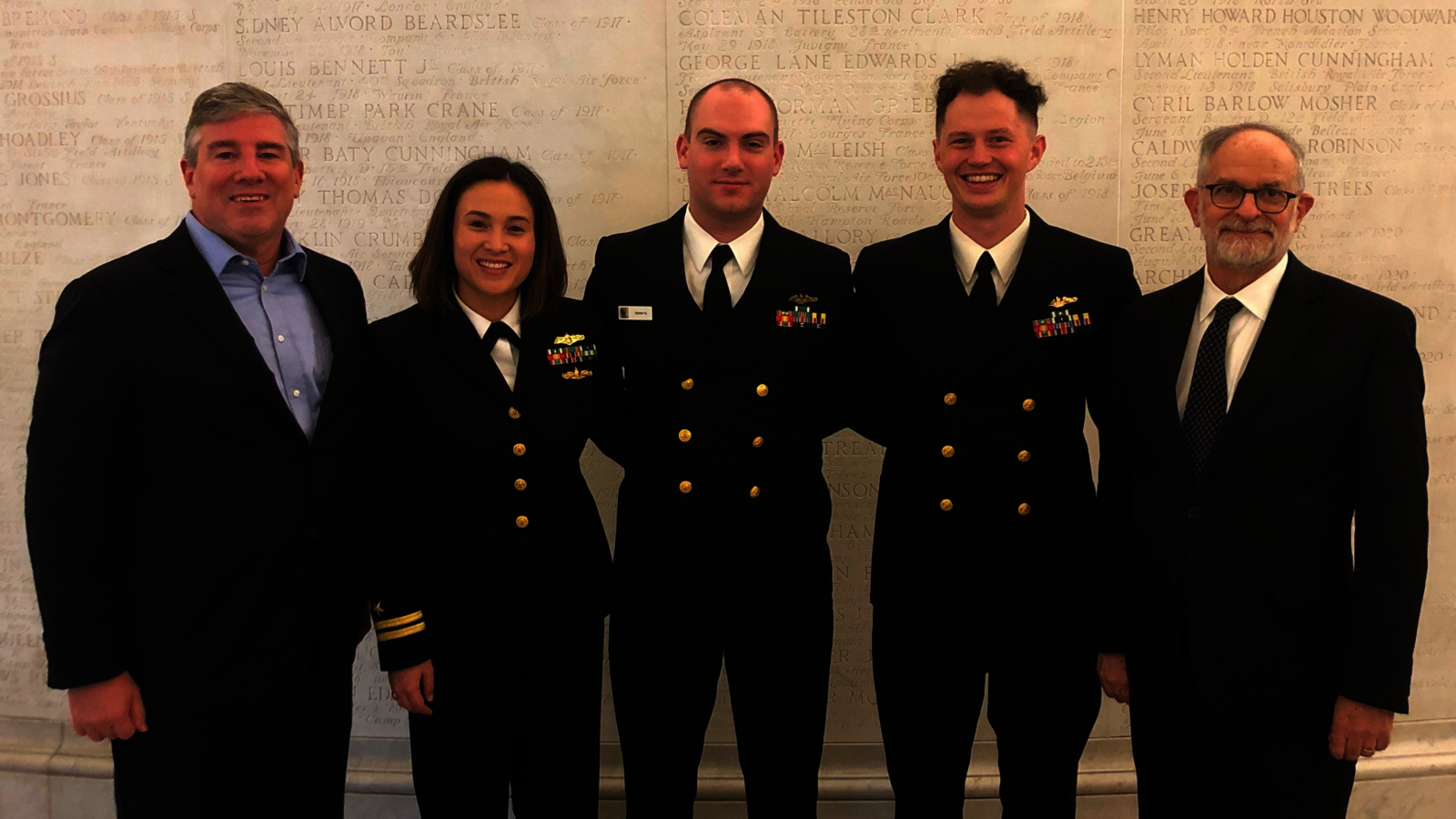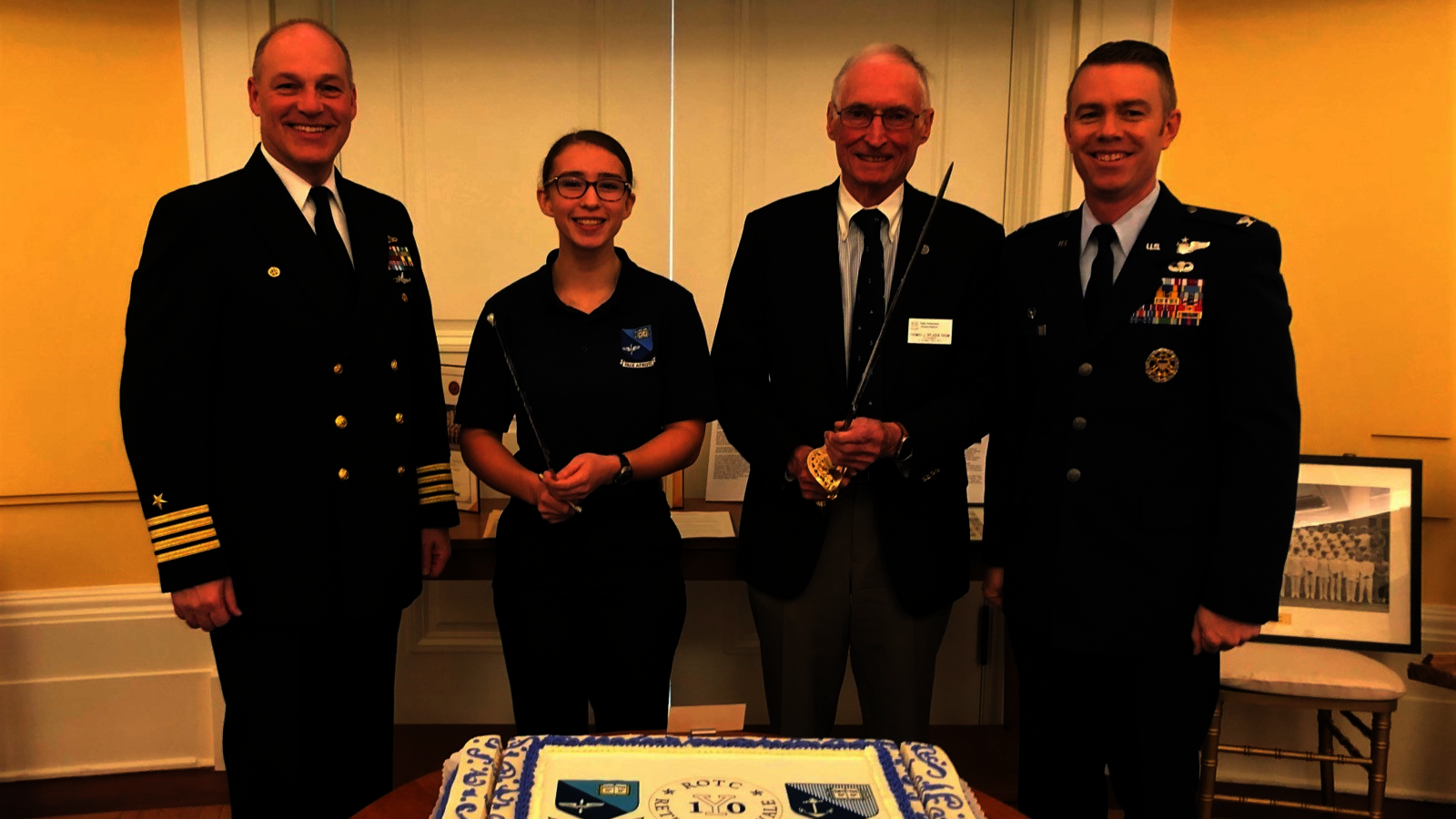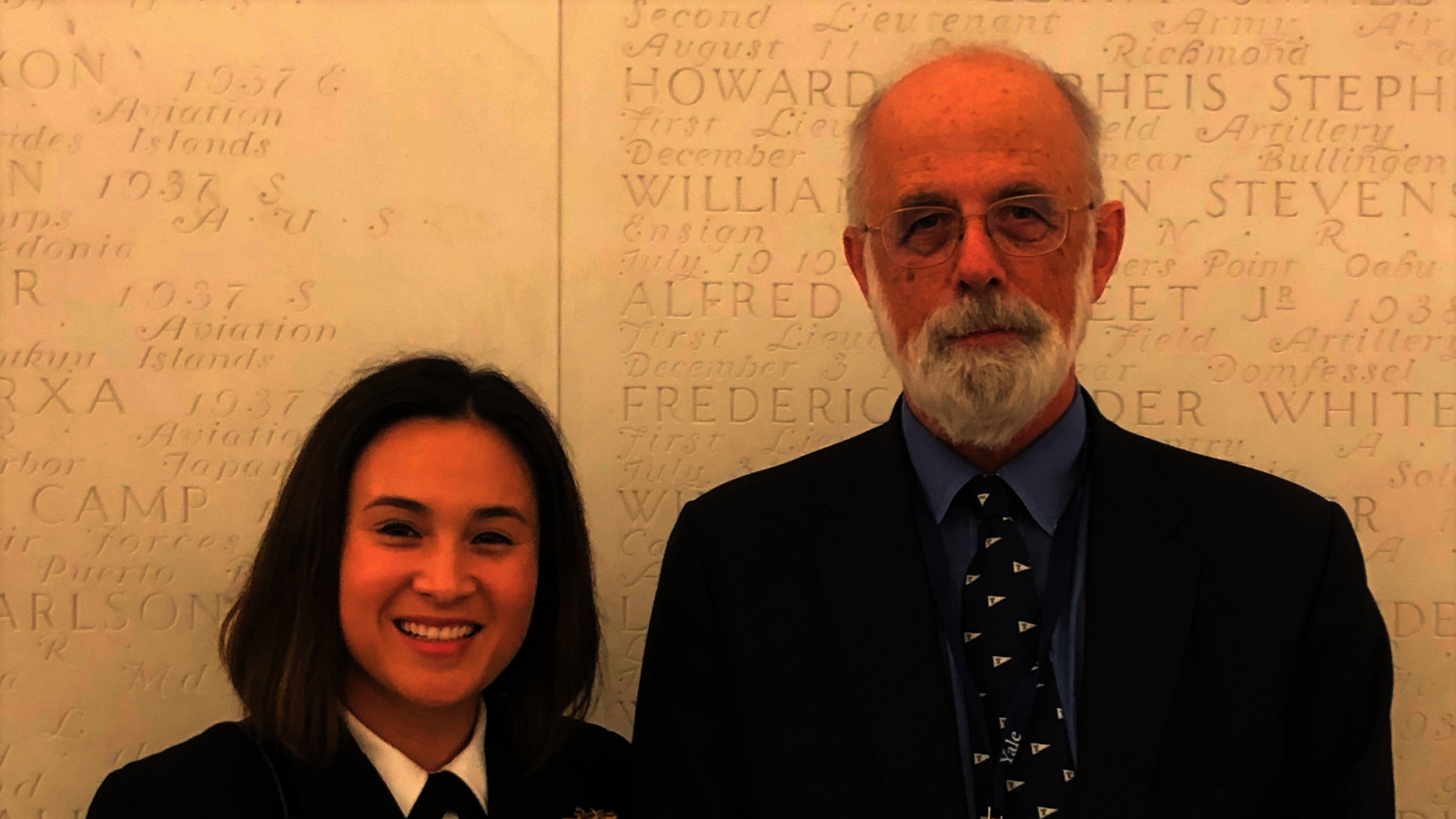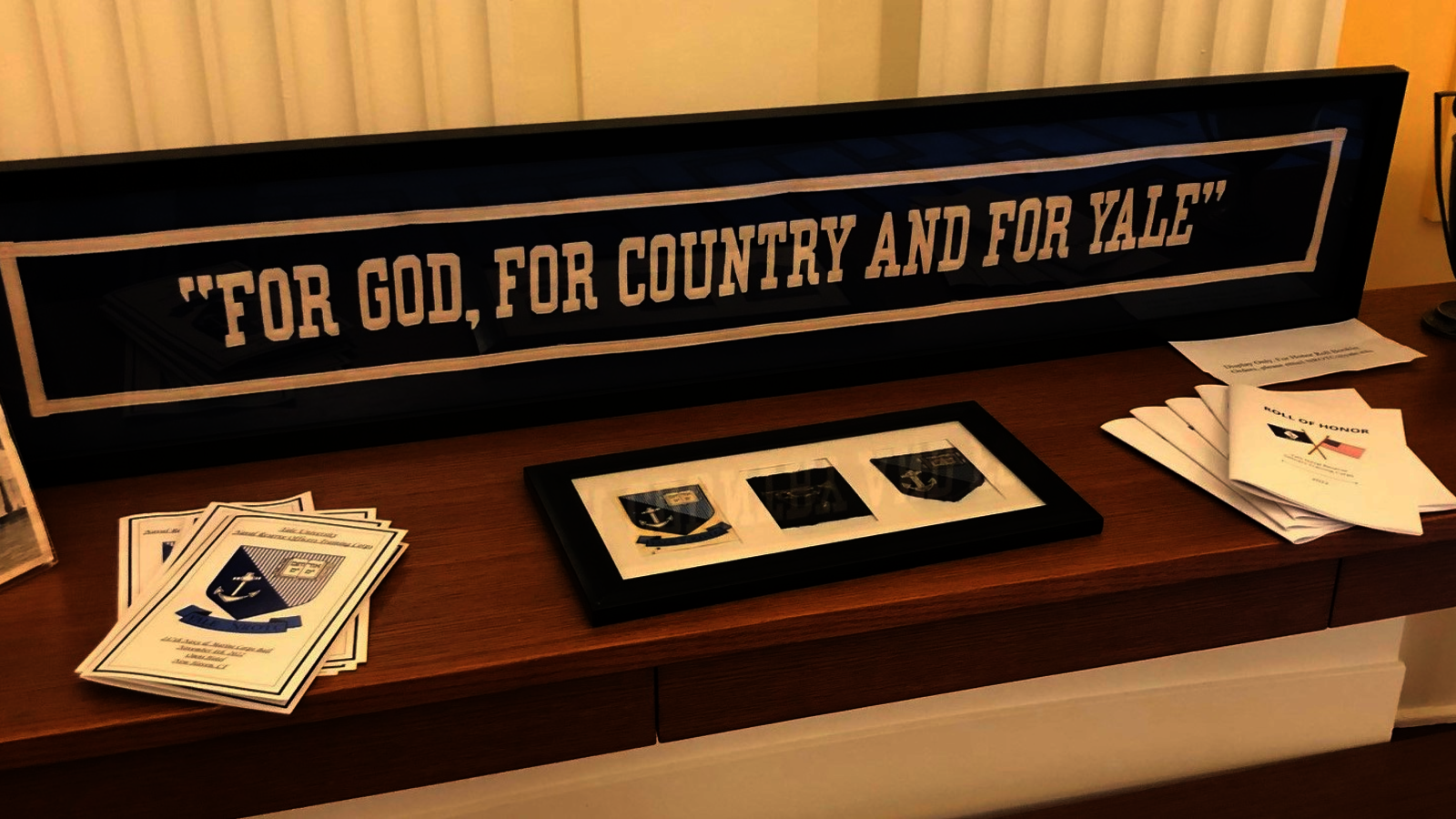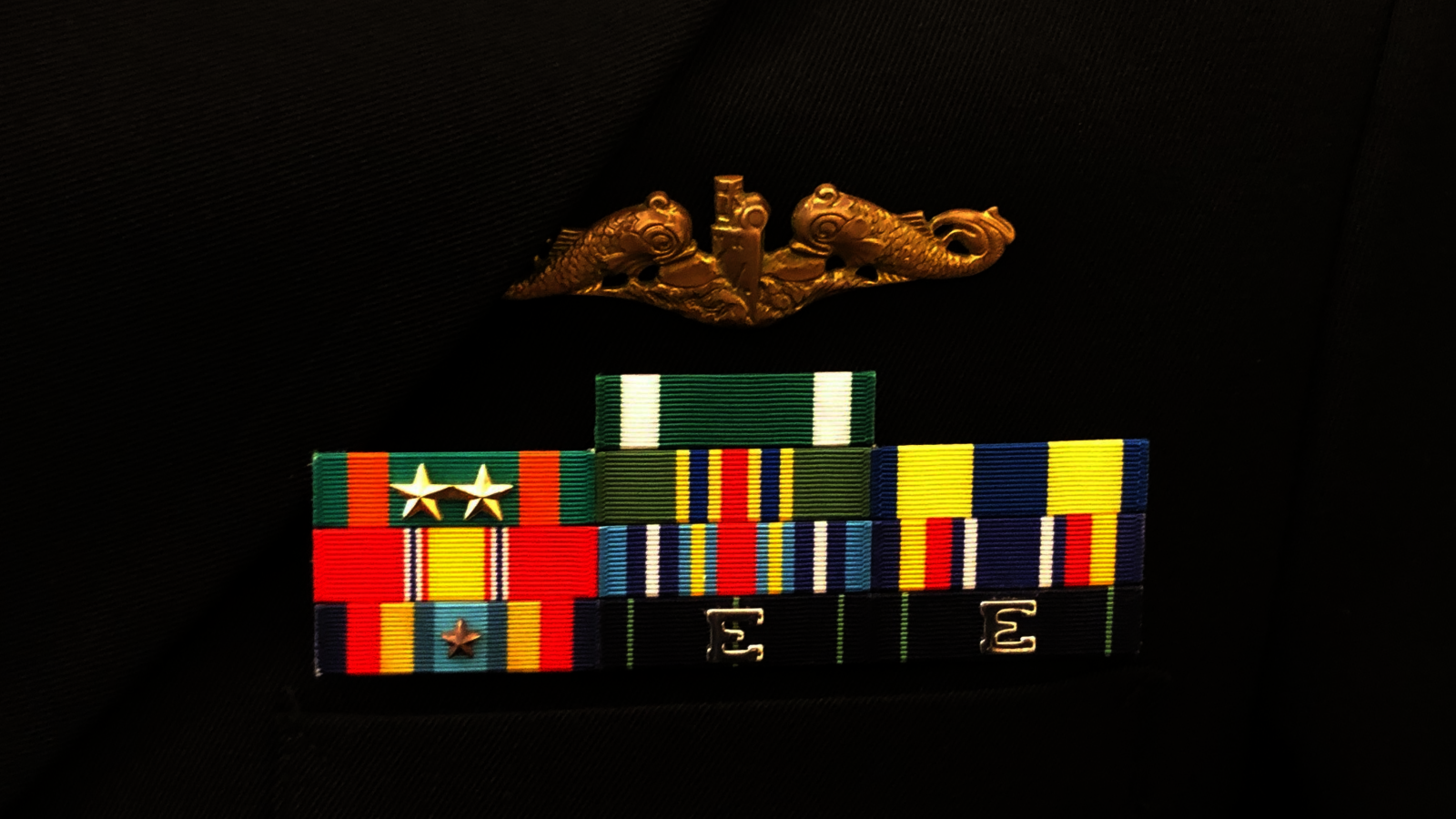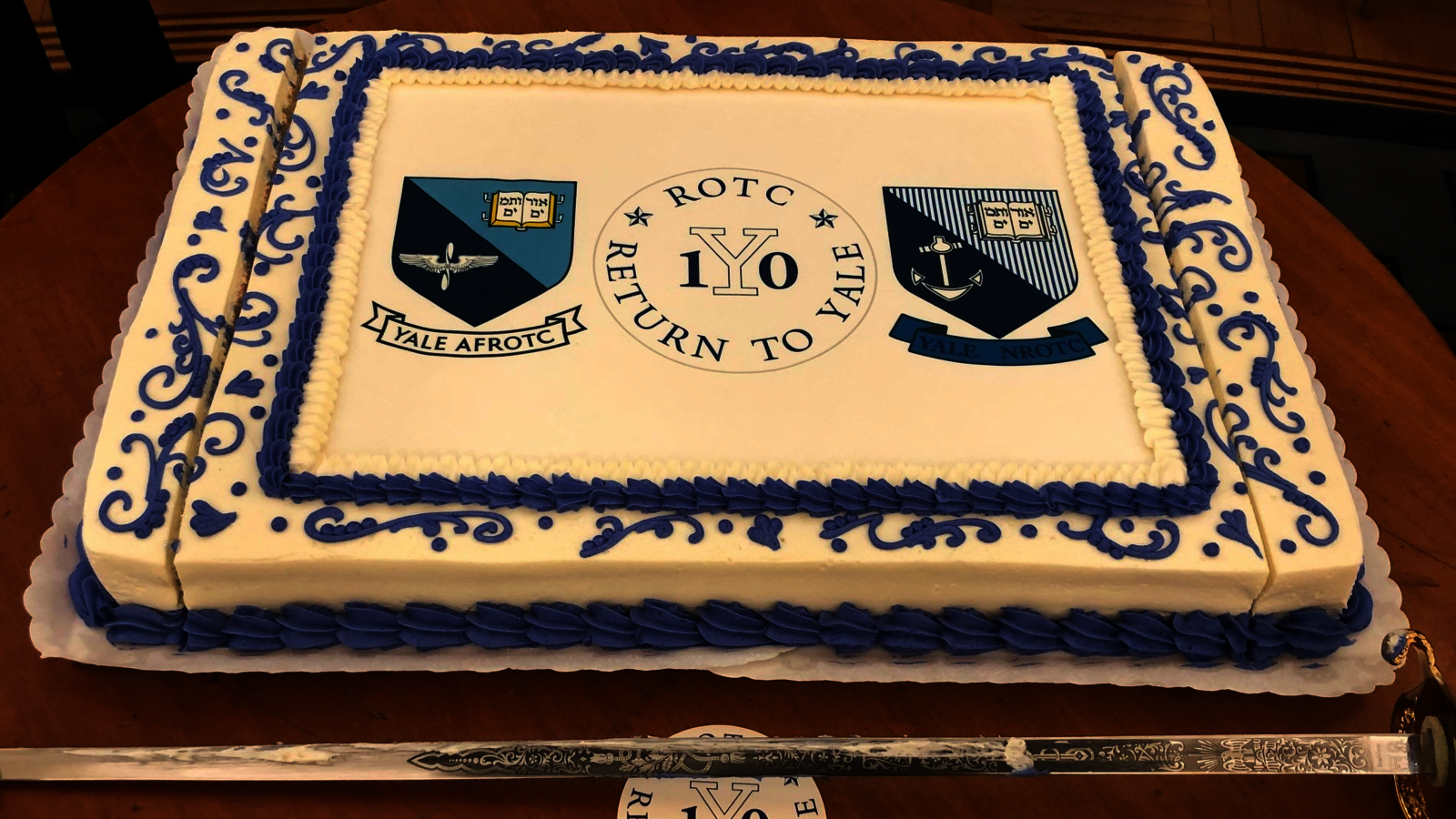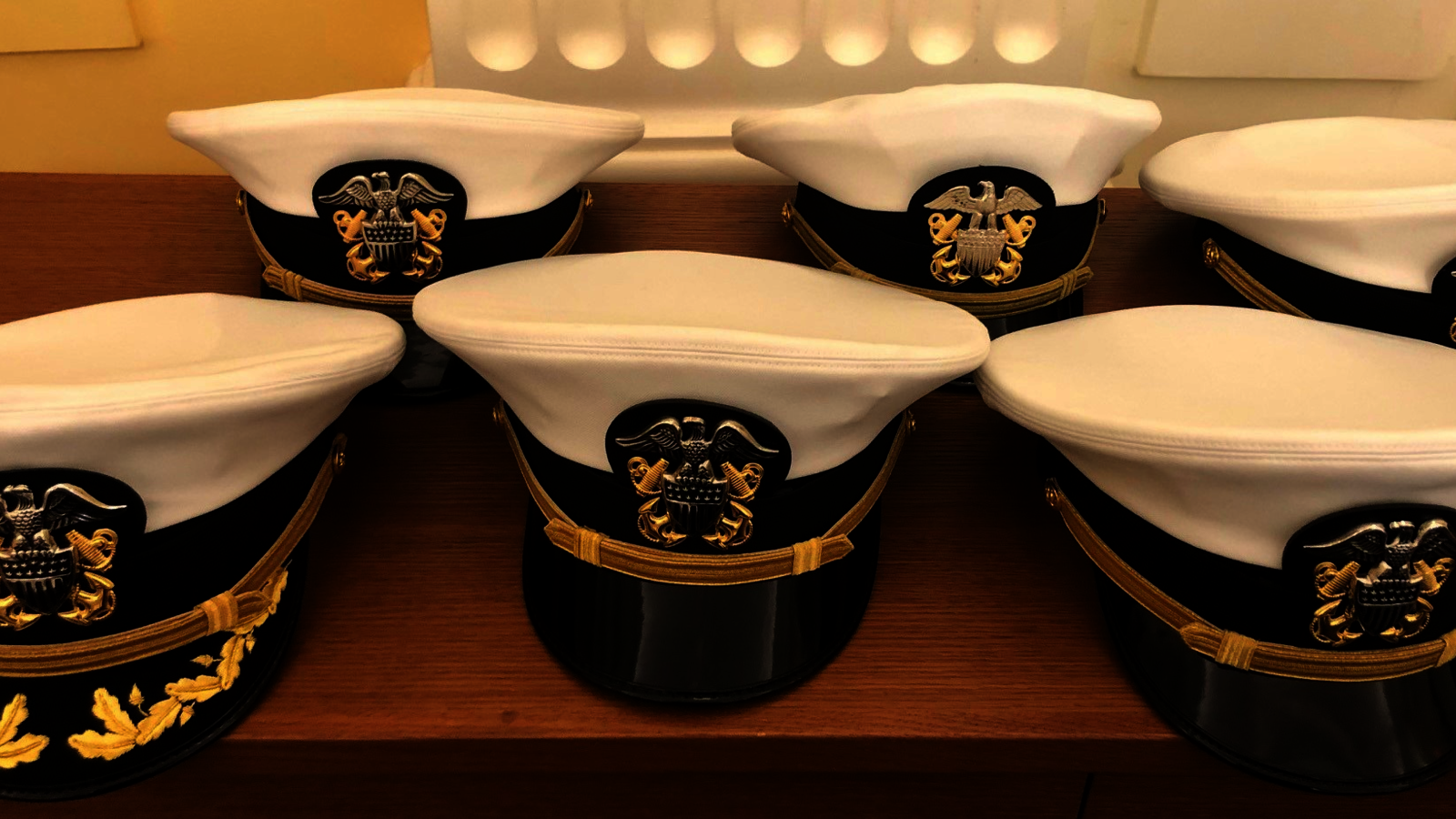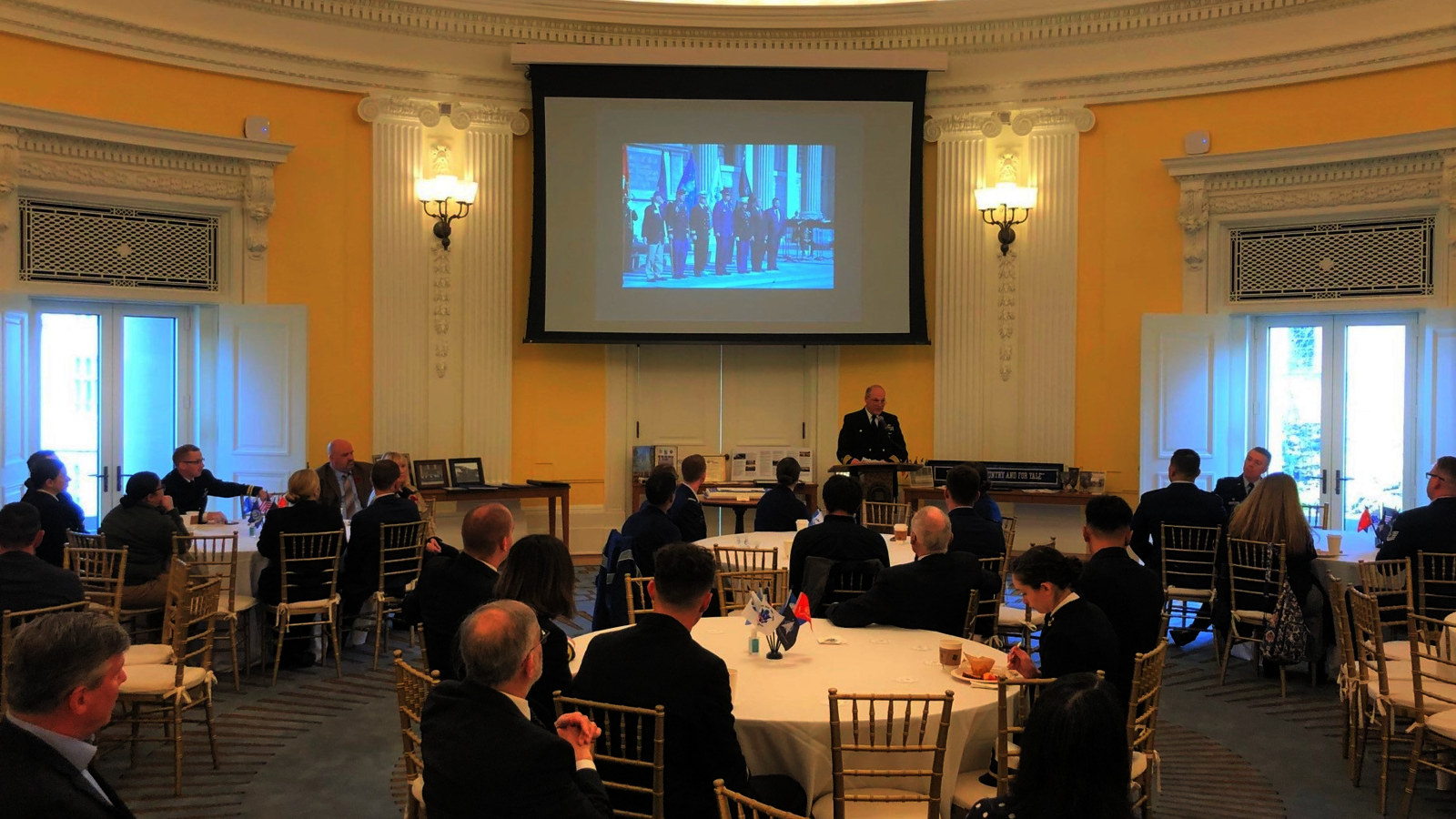“The 10-year anniversary is an important milestone in building a legitimate and impactful Yale presence in the military,” he said. “For decades, Yale students were absent from important decisions being made in the military. It’s exciting to think about the potential for positive change and impact over the years that Yale students can have now that we’re back in the conversation.”
O’Banion emphasized the importance of having a campus environment that is inclusive and welcoming to support future officers and leaders.
“For all its advertised diversity, Yale can still feel very homogenous in some ways,” he said. “ROTC is a cross section of Yale that is quite diverse socio-economically, politically, and in terms of background. ROTC prepared me well to work with sailors from various backgrounds in the Navy.”
With no regrets on his decision to serve in uniform, O’Banion encouraged others to explore this option.
“There are a lot more students at Yale who would find the military a valuable and formative experience,” he said. “I’m glad I’m beginning my career in what I consider an important job, with such a heightened level of responsibility, right out of college.”
Someone who understands this well is retired Colonel Scott Manning, the inaugural commander of Yale AFROTC following reintegration, who himself was commissioned through AFROTC in college and spent 28 years in the U.S. Air Force.
“You will not find a more rewarding job in your lifetime than supporting and defending the Constitution of the United States,” he said, stressing that now, more than ever, there is an urgent need for talented, committed individuals to serve in uniform given the “extremely nuanced and direct threats” to international peace in the world. “The Department of Defense needs the very best this nation has to offer, and Yale is providing those thought and transformational leaders necessary in this current dynamic global security environment.”
Echoing this sentiment and the need for ongoing vigilance from ROTC to identify, train, and prepare the best officers from a wide variety of backgrounds and settings, was retired Commander Jamie Godwin, the first commanding officer of Yale NROTC following reintegration, who served in the Navy for 30 years after graduating from the U.S. Naval Academy.
“ROTC provides the nation and military services diversity, specifically diversity of thought and ideas,” he said. “It provides a forum for gaining different perspectives which will eventually trickle down into national policy. Through a multitude of backgrounds and experiences, better policies and plans will be made.”
For Yalies who are looking for challenge, growth, leadership opportunities, and the chance to make a difference, the military is hard to beat, according to Capt. Alex Tymchenko ’17, a former AFROTC cadet who was commissioned into and serving in the U.S. Air Force until he transferred last year to the U.S. Space Force and is currently an offensive cyber operator stationed in Texas.“After graduating, the cadets and midshipmen at Yale entering military service will work jobs very different than their fellow students,” he said. “At 22 years old, my first assignment was leading a team of 65 young airmen operating military satellite systems supporting combat operations.”

